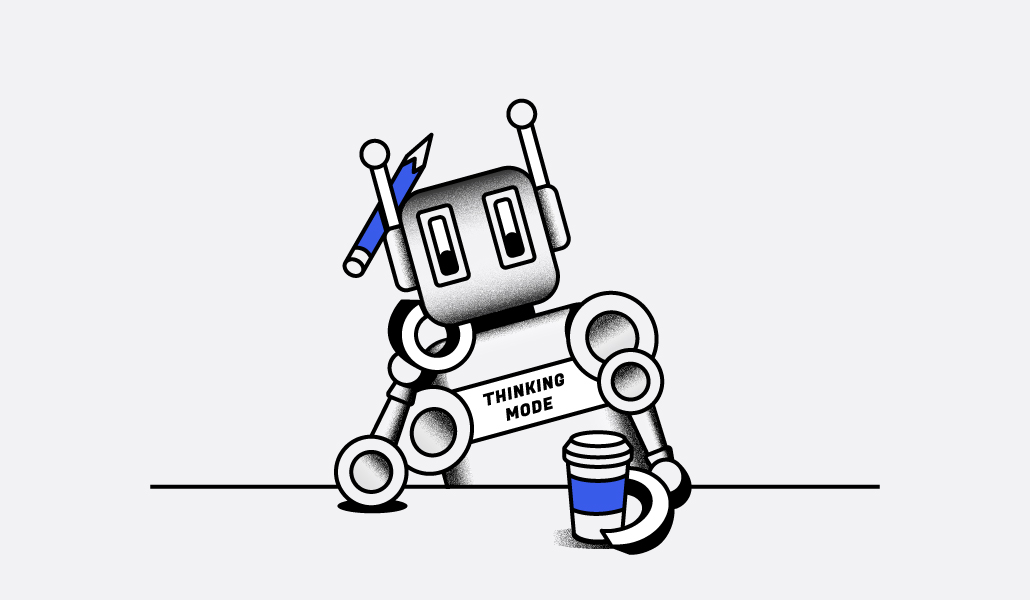How AI upskilling is quickly becoming a must-have benefit for HR leaders to offer employees

HR leaders are discovering that investing in employee upskilling isn’t just beneficial to the organization — it’s increasingly an essential employee benefit.
Recent research points to the growing importance of continuous learning and development, particularly in areas like AI, as a key factor in employee retention and organizational success. A recent study by the HCM support platform Workhuman and Gallup, tracking more than 3,400 employees between 2022 and 2024, revealed that high-quality recognition could prevent nearly half (45%) of voluntary turnover, with 4 in 10 senior executives strongly agreeing that recognition is key pillar in their engagement and retention efforts, up from 28% two years ago.
But recognition alone isn’t enough, the study determined, emphasizing the importance of linking recognition to skill development. “Recognizing and encouraging upskilling not only helps employees feel valued for the time and effort they put in to learn something new, it fosters a culture where curiosity and growth are celebrated and seen as essential,” said Ed O’Boyle, Gallup’s global practice leader.
As AI continues to reshape the workplace, a significant skills gap is emerging, however. A recent study from the workplace training platform Skillsoft found that 4 in 10 respondents worry about job security due to insufficient skills, while one-third lack full confidence in their abilities. Nearly two-thirds of respondents rated their organization’s AI training as average to poor.
Ciara Harrington, chief people officer at Skillsoft, emphasizes the need for a holistic approach to AI training. “You often think of the hard, technical skills when it comes to something like AI, but the soft skills like creativity, problem solving and communication are equally, if not even more, important,” she said.
A recent survey by the publisher Wiley, based on responses from more than 2,000 people in North America, further illuminates the challenges of AI integration in the workplace, finding that 96% of employees experience stress about workplace changes, with 4 in 10 struggling to understand how to integrate AI into their work. Meanwhile, 75% lack confidence in how to utilize AI effectively.
Wiley researcher Tracey Carney, who headed the study, stressed the importance of change management. “At a time of such upheaval, it’s important for companies to provide employees, particularly managers, with information to help them understand what is happening and how best to deal with it,” she said.
Among recommended strategies for effective upskilling:
Personalized learning. Harrington suggests “regularly assessing the skills within teams and aligning training programs with both individual career goals and organizational objectives.”
Diverse learning formats. Offering a variety of learning experiences, from hands-on to instructor-led training, can cater to different learning styles and schedules.
AI-Powered Tools. Skillsoft’s AI coach CAISY underscores how AI can be used to enhance learning experiences, particularly for developing interpersonal and leadership skills.
Clear Use Cases. Organizations should clearly define how AI can be applied within specific teams and roles, and what tools can be leveraged.
Transparency and communication. Maintain open communication about the AI implementation process to alleviate employee concerns.
Manager training. Empowering managers with the knowledge to guide their teams through AI adoption is crucial for a smooth transition.
The bottom line: Companies that invest in comprehensive, forward-thinking training programs, particularly those that emphasize emerging technology like AI, are likely to see significant returns in employee engagement, retention and overall organizational performance.
“The world is changing rapidly,” as Gallup’s O’Boyle put it, “and organizations need to change with it.”

